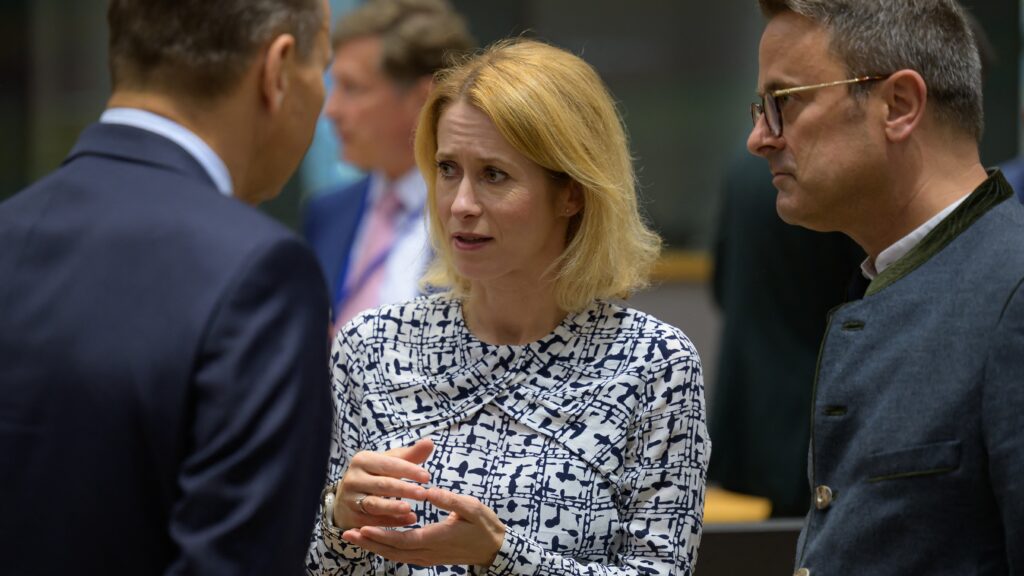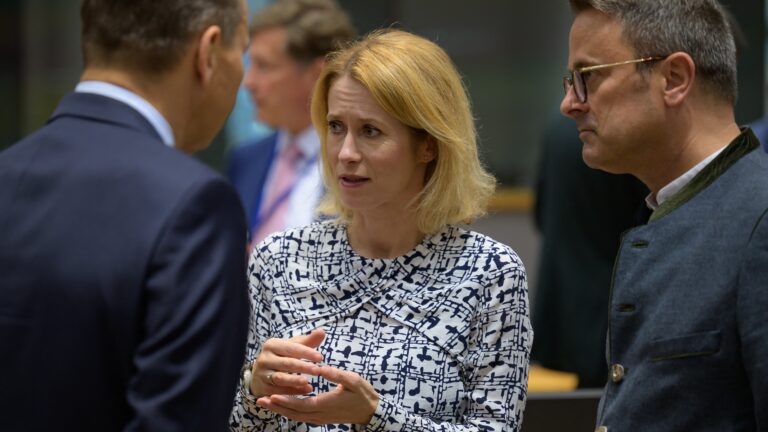Hungarian Prime Minister Viktor Orbán was interviewed by astronaut Tibor Kapu at the Mandiner Awards Gala on Wednesday in Budapest, where the two engaged in an interesting conversation about the polarization of the Western world. Orbán explained that this is an exclusive characteristic of Western democracies rather than a global phenomenon, adding that it is a common mistake to treat Western political developments as a model for the whole world.
‘In much of the world, the opposite trend is underway—an era of “adding forces”,’ he pointed out. The prime minister said that in many rapidly developing countries, new economic and social power centres are emerging, creating growth, organization and stability. By contrast, the polarization in the West, he argued, is largely the result of political and economic failure, as well as the inability of the modern democratic governmental model to function effectively in today’s global environment.
Orbán went on to stress that in the United States and Western Europe, living standards are declining, and families must work more to maintain their previous living standards. ‘The Western model of governance does not make the societies successful in which it emerged,’ he said. He added that when a system fails, political competition inevitably shifts from offering solutions to assigning blame, which deepens divisions.
‘The polarization in the West is largely the result of political and economic failure’
Orbán argued that European democracies are unable to answer the three key issues of our time: war, migration and the decline in economic competitiveness.
He noted that Europe has fallen far behind in research and development, technological progress and patents, while countries like China ‘beat everyone by a mile’ in competitiveness. According to the prime minister, these are not isolated phenomena but signs of deeper, systemic problems.
Successful Hungarian System
‘We have a general problem with democracy and the democratic system of governance, which, being unsuccessful, can gather political support only through searching for culprits rather than offering solutions,’ he stated.
According to Orbán, the answer does not lie in political rhetoric but in finding forms of governance and concrete measures that can address the defining challenges of the age. He declared that since 2010, Hungary has built a political and economic system that, in his view, provides effective responses to the issues of war, migration and competitiveness.
Zoltan Kovacs on X (formerly Twitter): “🇭🇺 @PM_ViktorOrban: Hungary is a successful country, no matter how hard some try to convince us otherwise. Others in the EU struggle to accept that at least one nation is succeeding with a different model. pic.twitter.com/okPNDelT1F / X”
🇭🇺 @PM_ViktorOrban: Hungary is a successful country, no matter how hard some try to convince us otherwise. Others in the EU struggle to accept that at least one nation is succeeding with a different model. pic.twitter.com/okPNDelT1F
‘We are fortunate, because Hungary is a successful country, even if some at home and abroad want us to believe the opposite,’ he said. According to the prime minister, the Hungarian model is based on a stable, strong government backed by a broad majority that can be ‘converted into political will’ and is capable of ‘creating success’.
In his summary, Orbán stated that Hungary has successfully avoided the ‘polarization born of failure’ characteristic of Western countries, and that the level of political polarization in Hungary is lower than in many Western European states.
New Ages, New Challenges
Responding to a question about the future of Hungarian space research, he said that the Hunor programme and Tibor Kapu’s successful mission have helped Hungarians see themselves not as losers but as winners. ‘The essence of the Hungarian political mission—which every Hungarian government must consider—is to turn a historically losing position into a winning nation,’ he said.
Hungarians have measured success in the number of Nobel and Oscar prizes, Olympic gold medals and the performance of the national football team—and now space exploration has joined this list.
‘The Hungarian government has a constitutional duty and historical mission to support space research’
With Hungary having an astronaut again after 40 years, ‘we show that we have significant weight in a field that will play an increasingly important role in shaping humanity’s future.’ For this reason, he emphasized, the Hungarian government has a constitutional duty and historical mission to support space research.
He recalled that in recent years the government has taken several decisions to increase the number of graduates in technical fields. At the same time, recent analyses on artificial intelligence warn policymakers that many current jobs may disappear or radically transform, meaning Hungary must now prepare for this new era.
Orbán stressed that the future labour market will require different types of skills, and therefore, one of the key questions ahead is what new technological and engineering training formats are needed to keep Hungary competitive.
Related articles:







